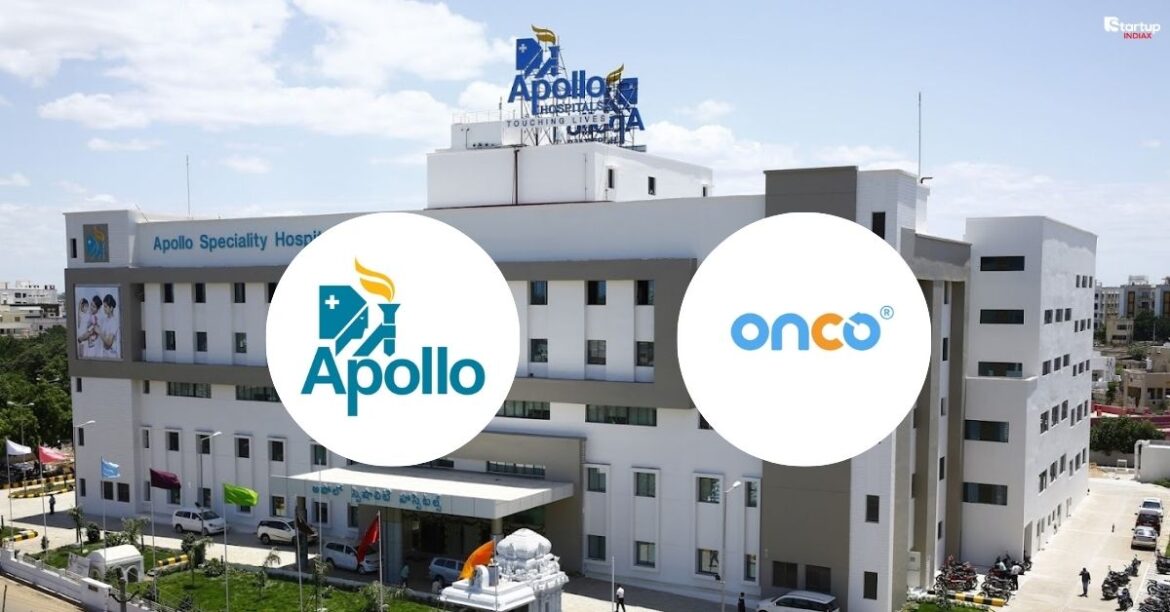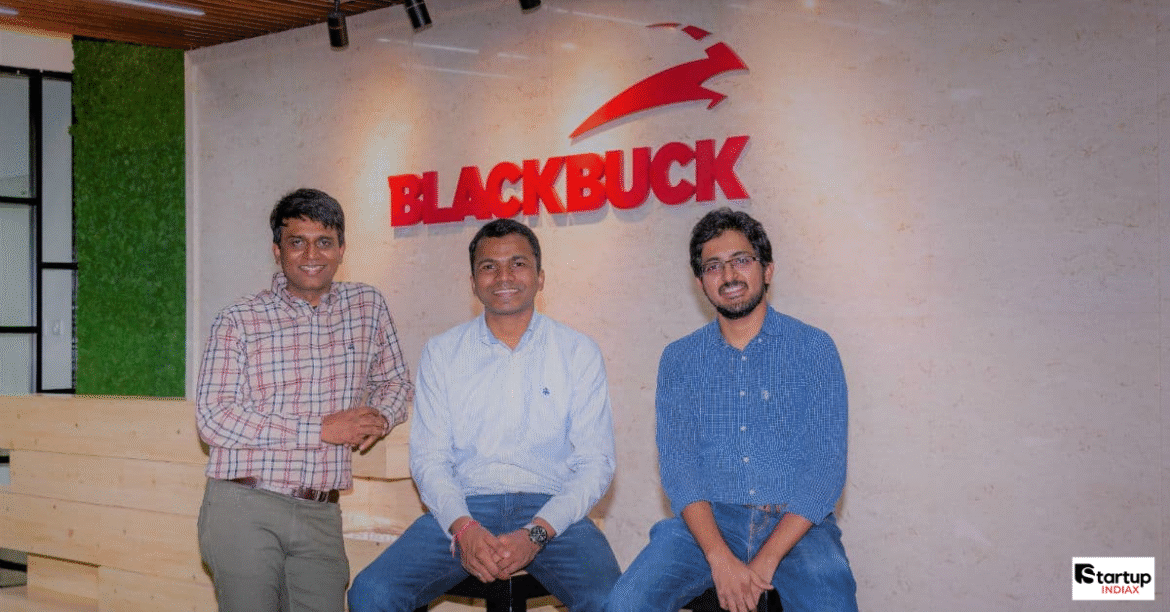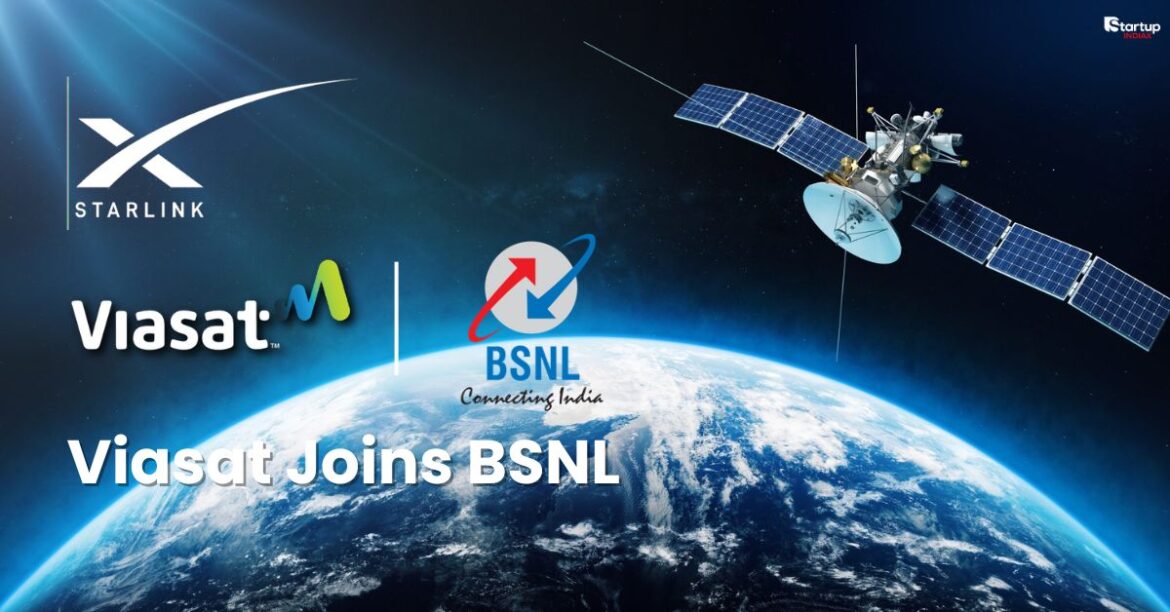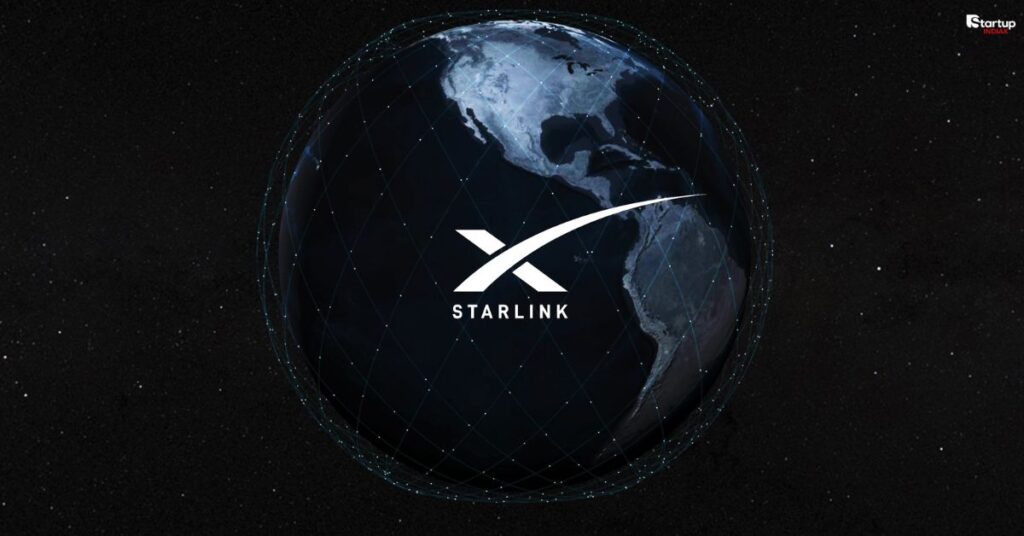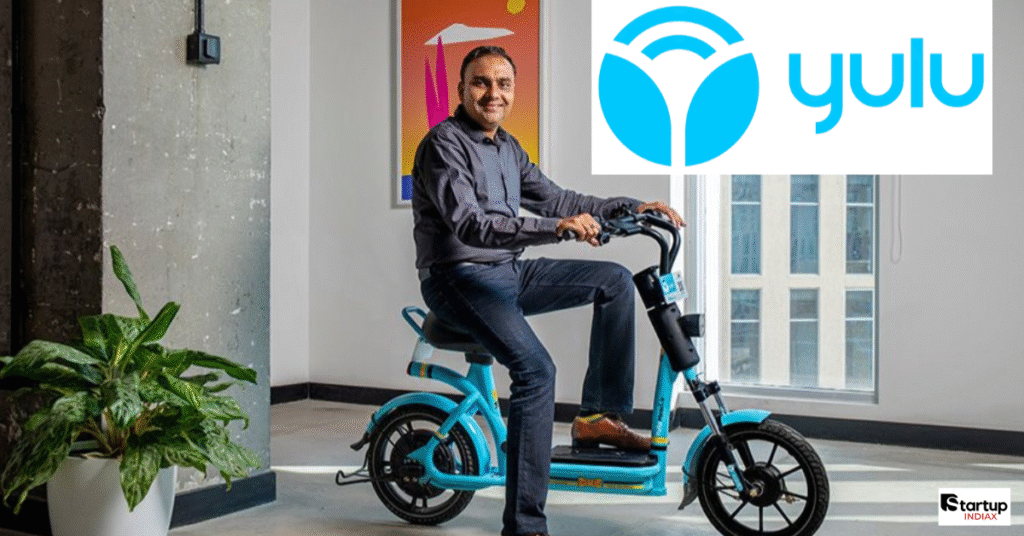Apollo buys Cancer care Startup Onco, a landmark deal finalized in December 2024 that positions Apollo Hospitals as a leader in tech-driven oncology services in India. By acquiring Onco.com, a digital platform connecting cancer patients with global oncologists, Apollo aims to enhance its oncology offerings with personalized, accessible care. This article, published by Startup INDIAX, explores how this acquisition transforms cancer care, boosts India’s healthtech ecosystem, and offers lessons for startup founders. Backed by expert insights and data, we’ll uncover why this move is a pivotal moment for healthcare innovation.
Table of Contents
What Is the Apollo-Onco Acquisition All About?
In December 2024, Apollo Hospitals, India’s largest private healthcare chain, acquired Onco.com, a cancer care startup founded in 2016 by Rashie Jain and Dr. Amit Jotwani. The deal, reported by Inc42, dispelled rumors of Onco’s shutdown and marked a strategic step for Apollo to strengthen its oncology services. While financial details remain undisclosed, Apollo plans to inject fresh capital to scale Onco’s digital platform, integrating it into its vast network of hospitals and diagnostics. This acquisition aligns with Apollo’s ongoing demerger of its pharmacy and digital health arm, Apollo HealthCo, into Apollo Healthtech.
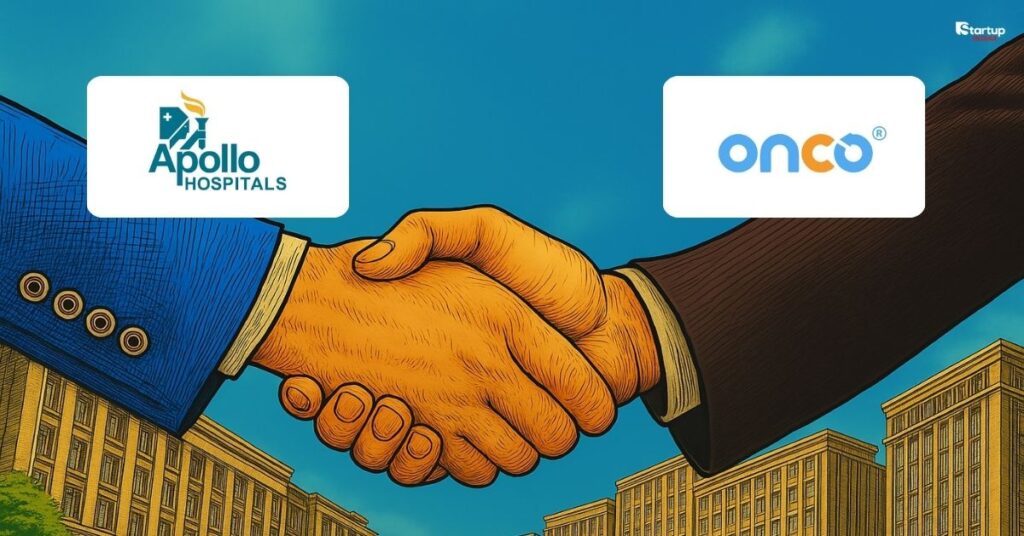
Why Did Apollo Buys Cancer Care Startup Onco?
The acquisition addresses the rising cancer burden in India, with cases expected to reach 1.57 million by 2025, according to the Indian Council of Medical Research. Onco’s platform offers personalized cancer care, connecting patients with oncologists, treatment centers, and labs. Apollo aims to leverage this technology to make cancer care more accessible, especially in Tier 2 and Tier 3 cities. Suneeta Reddy, Managing Director of Apollo Hospitals, stated, “This comprehensive integrated network, overlaid with a strong digital layer, will allow us to create an impact of magnitude greater than could be achieved with a single format of care.”
What Was Onco’s Role in Cancer Care Before the Buyout?
Onco.com, launched in 2016, raised $13 million from investors like Accel, Rainmatter, and Alteria Capital. It operated as a digital aggregator, offering online consultations, treatment planning, and medicine delivery. With 25,000 monthly visitors and over 1,000 organic patient leads, Onco built a strong brand in healthtech. However, challenges with unit economics sparked shutdown rumors in mid-2024, which Apollo’s acquisition swiftly countered, signaling a new chapter for the startup.
How Will Apollo’s Acquisition Impact Cancer Care in India?
This deal is set to redefine oncology by combining Apollo’s medical expertise with Onco’s digital innovation. With cancer cases rising by 12.8% annually, scalable solutions are critical. Startup INDIAX examines how this acquisition could improve patient outcomes and expand access to quality care.
Can Apollo Scale Onco’s Digital Platform for Better Patient Outcomes?
Onco’s platform streamlines the cancer treatment journey, from diagnosis to post-treatment support. By integrating it with Apollo’s infrastructure, including advanced diagnostics and treatments like proton therapy, Apollo can reduce diagnosis delays, a major issue in India where 60% of patients face late-stage detection, per the National Cancer Registry Programme. For example, rural patients can now access virtual consultations with top oncologists, potentially improving survival rates. Apollo’s AI-Precision Oncology Centre in Bengaluru, launched in January 2024, further enhances this with real-time insights and personalized treatment plans.
Will This Deal Strengthen Apollo’s Oncology Portfolio?
Apollo already leads in oncology with initiatives like the Apollo Proton Cancer Centre and a new oncology facility in Vanagaram, Chennai, featuring the Harmony Pro Radiation Machine. Onco’s digital capabilities complement these efforts, enabling Apollo to offer end-to-end care—from early detection to advanced therapies like immunotherapy. This synergy could position Apollo as a global leader in precision oncology, especially as it plans to invest Rs.1,200 crore in cancer care technology over the next few years.
What Does This Mean for Indian Healthcare Startups?
The Apollo-Onco deal signals a growing trend of consolidation in India’s healthtech sector, offering both opportunities and lessons for entrepreneurs.
Is This a Trend in India’s Healthtech Sector?
India’s healthtech market is booming, with over 3,000 startups by 2025, per a Nasscom report. Recent acquisitions, like Reliance’s purchase of Karkinos Healthcare for Rs.375 crore, highlight large players investing in innovative startups to address healthcare gaps. Apollo’s move reflects this trend, as hospitals seek digital solutions to scale services. This creates opportunities for healthtech founders to partner with or be acquired by established players, driving innovation in oncology and beyond.
How Can Startups Learn from Onco’s Journey?
Onco’s success in attracting 25,000 monthly visitors shows the power of a patient-centric model. However, its unit economics challenges highlight the need for sustainable business models. Startups should focus on scalability, strategic partnerships, and leveraging technology like AI to stay competitive. Rashie Jain’s pivot to Marvix AI post-acquisition underscores the importance of adaptability in the fast-evolving healthtech landscape.
What Challenges Lie Ahead for Apollo and Onco?
While the acquisition holds immense potential, it faces hurdles that could impact its success.
Can Apollo Overcome Onco’s Unit Economics Issues?
Onco struggled with profitability due to high operational costs and low margins in digital health. Apollo’s scale and resources could address this by optimizing supply chains and integrating Onco’s platform with its Apollo 24/7 ecosystem. However, balancing affordability with profitability remains a challenge, especially in rural markets where patients face socioeconomic barriers.
Will Regulatory Approvals Delay Integration?
The demerger of Apollo HealthCo into Apollo Healthtech, expected to conclude in 2025, may delay the formal announcement and integration of Onco’s platform. Regulatory approvals for healthcare acquisitions in India can be complex, involving compliance with the National Health Authority’s guidelines. Apollo must navigate these to ensure seamless integration without disrupting patient services.
Conclusion: Why This Acquisition Matters for Entrepreneurs
The Apollo-Onco acquisition is a testament to the growing synergy between traditional healthcare and digital innovation. For entrepreneurs, it highlights the potential for healthtech startups to scale through strategic partnerships or acquisitions. As Apollo redefines cancer care, founders can draw inspiration to build solutions that address India’s healthcare challenges. Startup INDIAX invites you to share your thoughts on this deal in the comments or explore more startup stories on our platform to stay ahead in the healthtech revolution.
FAQs
What is the Apollo-Onco acquisition?
Apollo Hospitals acquired Onco.com, a cancer care startup, in December 2024 to integrate its digital platform into Apollo’s oncology services, enhancing patient access and care.
How will this deal improve cancer care in India?
By combining Onco’s digital platform with Apollo’s medical infrastructure, the deal aims to improve access to personalized cancer care, especially in underserved areas.
Why did Onco face shutdown rumors?
Onco struggled with unit economics and stalled partnership talks, leading to shutdown rumors in mid-2024, which Apollo’s acquisition resolved.
What can startups learn from this acquisition?
Startups should focus on sustainable models, strategic partnerships, and technology integration to attract investment or acquisition opportunities.
How does this fit into India’s healthtech trends?
The acquisition reflects a trend of consolidation, with large healthcare players acquiring innovative startups to address gaps in care delivery.

